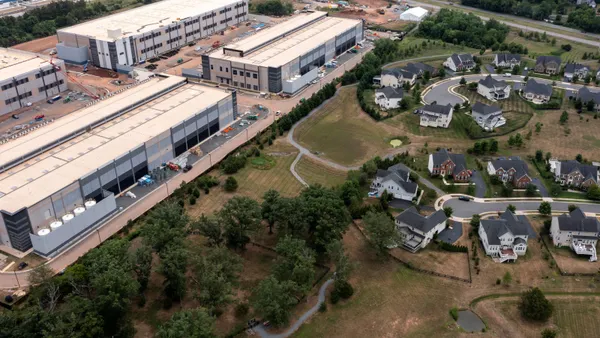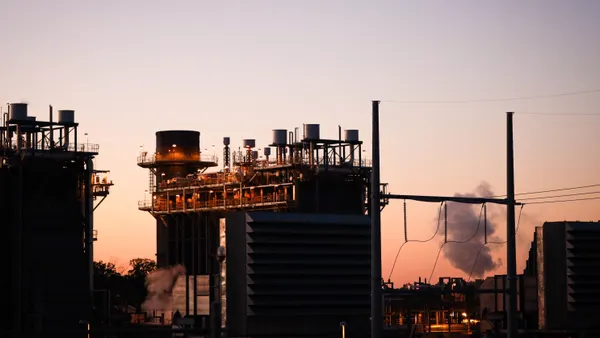Dive Brief:
- Unanticipated costs, in the form of a $100 million interconnection fee, could end NRG Energy's bid to repower the shuttered Dunkirk coal plant in New York, according to company officials.
- All four of the Dunkirk coal units have been offline for a couple of years and the switch to gas was originally supposed to take place in 2015. Despite delays caused by a now-dismissed lawsuit, officials had remained confident the project would move forward.
- A legal challenge from Entergy ended in 2016, but during the delay the Dunkirk plant lost its interconnection with the New York ISO. What had been anticipated as a $15 million expense to reconnect has since ballooned and put the project at risk.
Dive Insight:
In a letter to stakeholders this week, NRG CEO Mauricio Gutierrez detailed efforts to streamline the company and reduce debt — a course he set upon taking the company's helm in late 2015. "When I became CEO, it was clear that we were trying to be too many things to too many people," he wrote.
Two years ago, the company set out to streamline the business and in 2017 launched a three-year transformation plan. So far, NRG has announced $3 billion in asset sales, a path to a 60% debt reduction, and the acquisition of XOOM Energy, a retail provider.
The company is selling its renewable energy development business, with 2.4 GW of existing generation and a development pipeline of more than 6 GW, to Global Infrastructure Partners. The company is also selling its South Central business, comprising more than 3.5 GW of coal and gas generation, to Cleco.
Despite the overhaul, repowering the Dunkirk plant in New York remained on the table. But with the delay of the project resulting from Entergy's legal challenge, there have been significant changes to the project's finances.
NRG spokesperson David Gaier told Power Magazine that some of the issue have to do with timing. "Depending on how many projects stay in or drop out of the Class Year interconnection process, NRG's cost to reconnect Dunkirk may be as much as $115 million, or in that range ... an interconnection cost that is more than the cost of the project would destroy the project's economics and make it impossible," Gaier said.
NRG's reorganization stems from the upheaval in wholesale power markets, led by the decline of natural gas prices. Last year Gutierrez told analysts on an earnings call that the independent power producer model is "now obsolete and unable to create value in the long term."
The company is transforming into a different entity than what was envisioned by former CEO David Crane, who led the IPP's charge into the renewable and distributed energy markets. Following poor stock performance, investors soured on Crane's vision and he stepped down in 2015.














